Finance is a vast field and learning about it can be overwhelming for beginners. It is important to have a basic understanding of finance to make sound financial decisions. One way to gain knowledge is by reading books on finance. There are countless books available on the subject, but it can be difficult to know where to start. In this article, we will explore the best books to start learning about finance, along with real-life examples, scenarios, and statistics/figures.
“The Intelligent Investor” by Benjamin Graham:
This book is a must-read for anyone interested in finance. Written by legendary investor Benjamin Graham, it provides a comprehensive guide to value investing. Graham’s philosophy of investing in companies that are undervalued by the market is still relevant today. The book also contains chapters on market psychology and the importance of diversification.
Real-life example: Warren Buffet, one of the world’s most successful investors, was a student of Benjamin Graham and was heavily influenced by his philosophy of value investing.
Statistics/figures: The Intelligent Investor has sold over a million copies worldwide and has been translated into more than 20 languages.
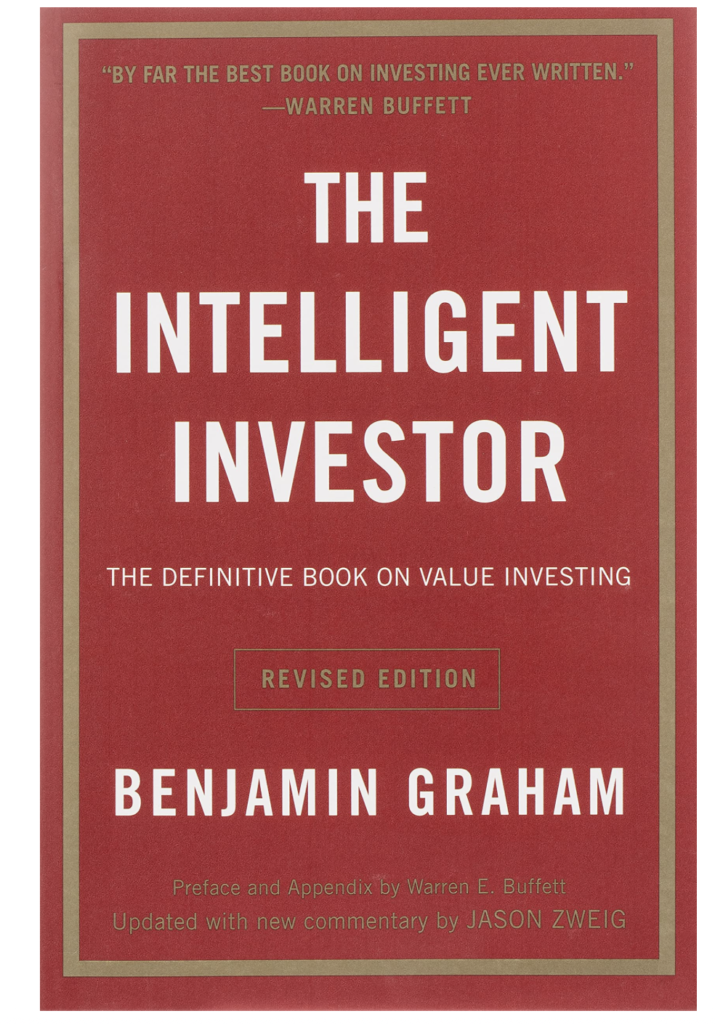
“The Millionaire Next Door” by Thomas J. Stanley and William D. Danko:
This book challenges the stereotype of the wealthy as flashy spenders and instead reveals that the majority of millionaires live modest lifestyles. The authors conducted extensive research on millionaires in America and found that they share common characteristics, such as living below their means and investing in assets that appreciate in value.
Real-life example: Dave Ramsey, a popular personal finance expert, recommends this book to his followers as a way to understand the habits of successful millionaires.
Statistics/figures: The book has sold over 3 million copies worldwide and has been on the New York Times bestseller list for over three years.
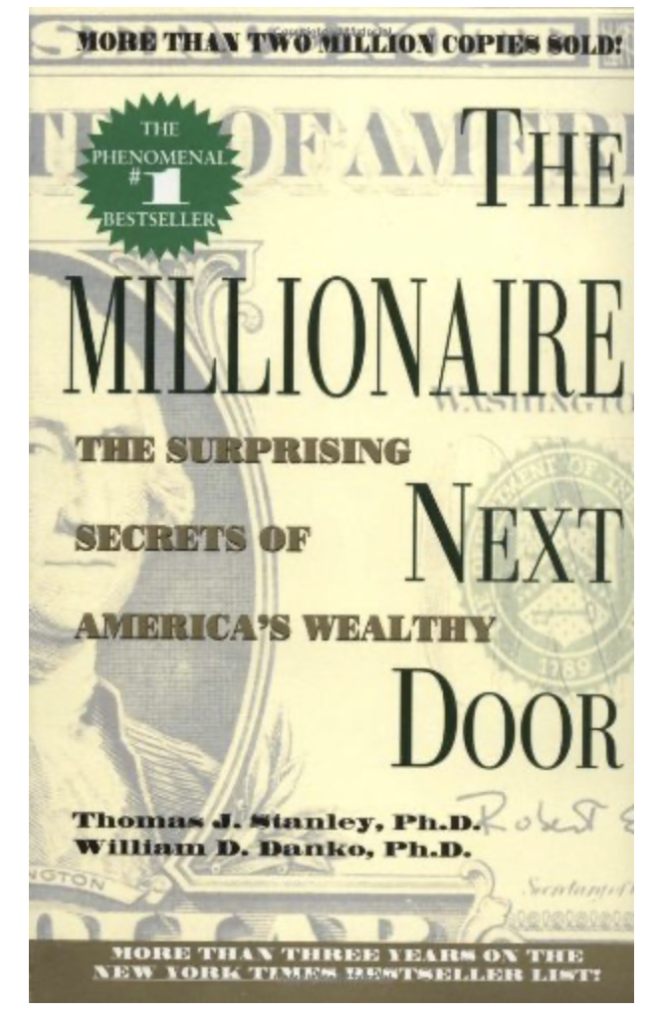
“A Random Walk Down Wall Street” by Burton Malkiel:
This book provides a detailed overview of the stock market and investing in stocks. Malkiel argues that trying to predict the stock market is futile and that investors should instead focus on long-term investment strategies. The book also covers other investment vehicles, such as mutual funds and index funds.
Real-life example: John Bogle, the founder of Vanguard Group, was heavily influenced by Malkiel’s philosophy and is known for his advocacy of low-cost index funds.
Statistics/figures: The book has sold over 1.5 million copies and has been updated several times since its original publication in 1973.
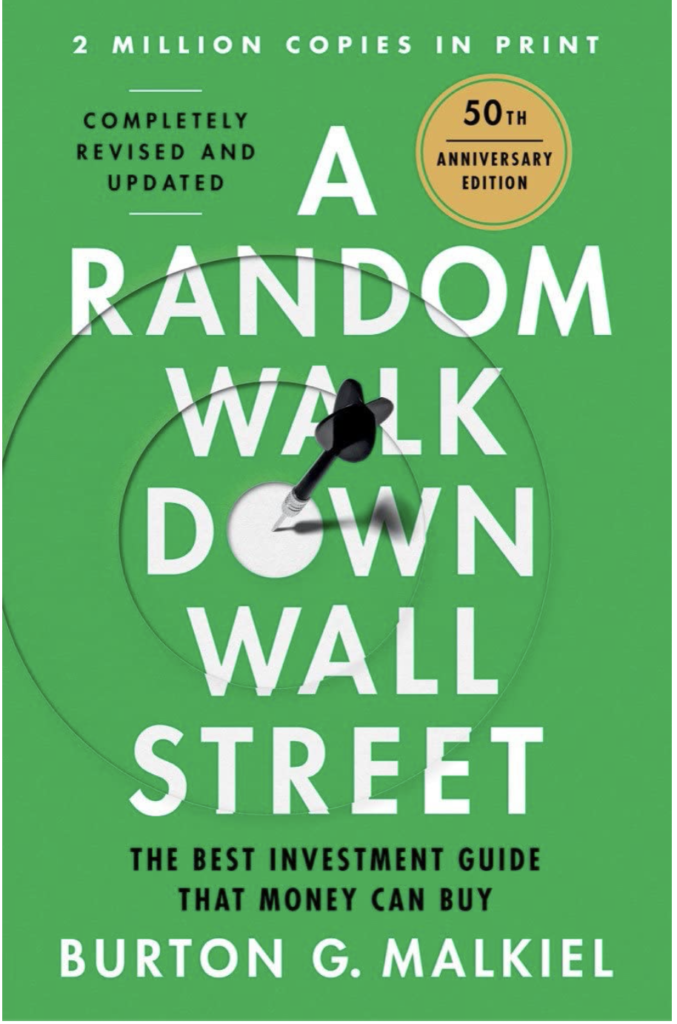
“Rich Dad Poor Dad” by Robert Kiyosaki:
This book challenges the traditional view of education and work as the path to financial success. Kiyosaki argues that financial education and entrepreneurship are key to building wealth. The book contains practical advice on investing, real estate, and personal finance.
Real-life example: Robert Kiyosaki himself is a successful entrepreneur and investor, having built several businesses and investments over his career.
Statistics/figures: The book has sold over 32 million copies worldwide and has been translated into 51 languages.
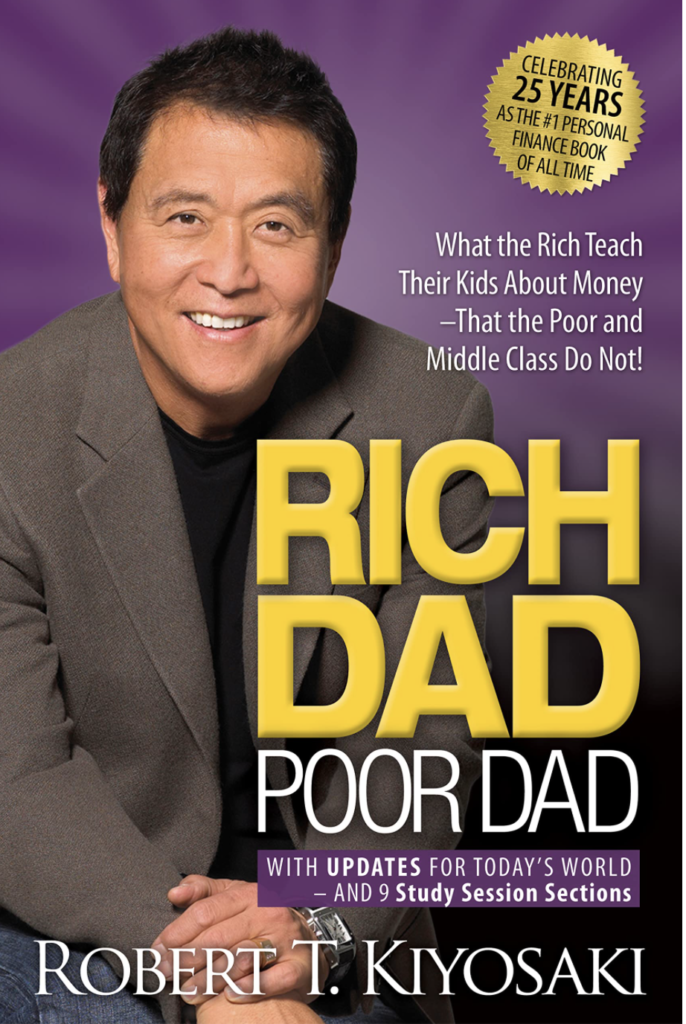
“The Bogleheads’ Guide to Investing” by Taylor Larimore, Mel Lindauer, and Michael LeBoeuf:
This book is a beginner’s guide to investing and is based on the principles of John Bogle, the founder of Vanguard Group. The authors provide practical advice on investing in low-cost index funds and the importance of diversification.
Real-life example: The Bogleheads, a group of investors who follow John Bogle’s philosophy, have become a popular online community for discussing personal finance and investing.
Statistics/figures: The book has sold over 250,000 copies and has been praised for its clear and accessible writing style.
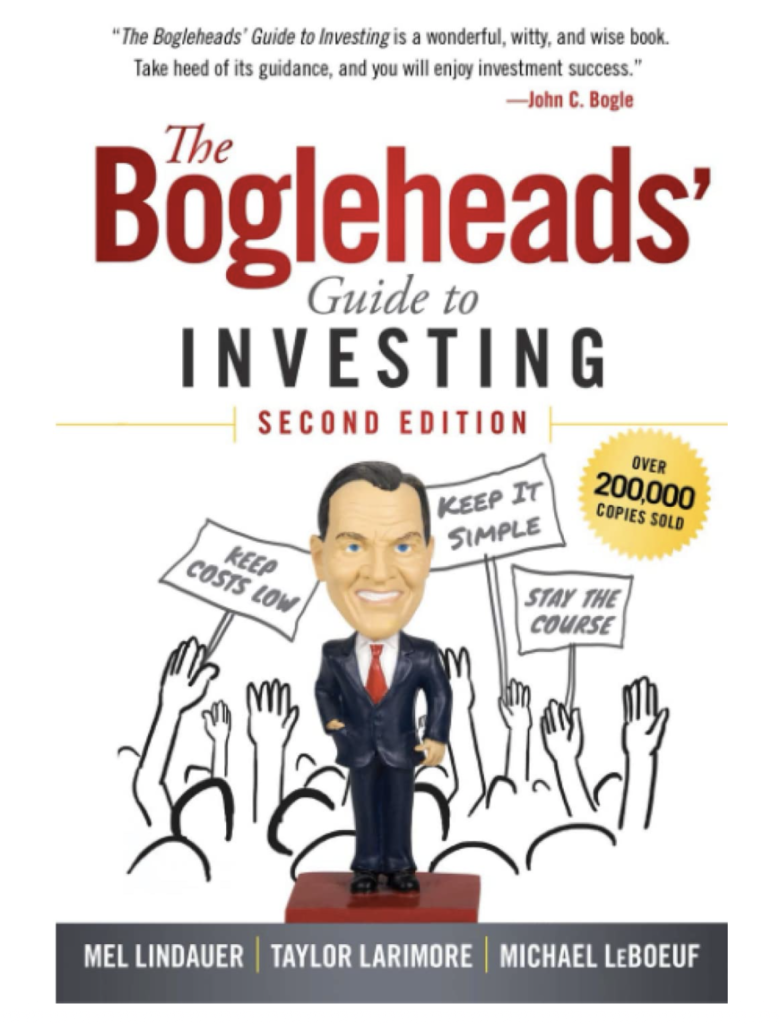
Another excellent book on finance for beginners is “The Simple Path to Wealth” by JL Collins. The author explains the basics of personal finance and investing in a straightforward manner, making it easy for beginners to understand. He emphasizes the importance of investing in low-cost index funds, and his advice is based on his own experience of investing for over 30 years.
Another highly recommended book is “The Intelligent Investor” by Benjamin Graham. It is a classic investment book that has been widely regarded as the bible of value investing. The book teaches readers how to evaluate stocks and invest wisely in the stock market. Graham emphasizes the importance of conducting thorough analysis before investing and avoiding emotional decision-making.

For those who want to learn about financial planning, “The Total Money Makeover” by Dave Ramsey is an excellent choice. The book provides a step-by-step plan for getting out of debt, saving for emergencies, and planning for retirement. Ramsey’s advice is based on his experience of helping thousands of people achieve financial freedom. His approach is practical and easy to follow, making it an excellent choice for beginners.
In conclusion, learning about personal finance is essential for everyone, regardless of their financial situation. The books mentioned in this article are excellent resources for beginners looking to improve their financial literacy. By reading these books and applying the principles learned, anyone can take control of their finances and achieve financial freedom.





